The Marvel Cinematic Universe (MCU) has revolutionized entertainment with its interconnected series of films and TV shows, weaving a long-running, cohesive narrative that captivates audiences worldwide. However, this level of connectivity does not extend to Marvel video games, where each title exists in its own separate universe. For instance, Insomniac’s Marvel’s Spider-Man games are entirely distinct from Eidos-Montreal’s Marvel's Guardians of the Galaxy. Similarly, forthcoming games like Marvel 1943: Rise of Hydra, Marvel's Wolverine, and Marvel’s Blade, are not linked to one another.
Yet, there was once a vision at Disney to forge a Marvel Gaming Universe (MGU) that would mirror the MCU's success in the realm of video games. So, what led to the abandonment of this ambitious project?

On The Fourth Curtain podcast, host Alexander Seropian and guest Alex Irvine, who both worked on this MGU initiative, shared insights into why it didn't come to fruition. Seropian, renowned for co-founding Bungie and contributing to Halo and Destiny, led Disney’s video game division before departing in 2012. Irvine, a veteran writer for Marvel games, notably contributed to Marvel Rivals with his world-building and character development skills.
Irvine reminisced about the early days of his involvement with Marvel games, mentioning the initial plan to create an MGU akin to the MCU. "When I first started working on Marvel games, there was this idea that they were going to create a Marvel gaming universe that was going to exist in the same way that the MCU did," he stated. "It never really happened."
Seropian elaborated that the MGU was his brainchild, but it failed to secure the necessary funding from Disney’s executives. "When I was at Disney, that was my initiative, ‘Hey, let’s tie these games together.’ It was pre-MCU," he explained. "But it didn’t get funded."
Irvine, drawing from his experience with the acclaimed Halo alternate reality game I Love Bees, discussed potential mechanics for the MGU. "That was so frustrating because we came up with all these great ideas about how to do it," he said. He proposed incorporating ARG elements, suggesting a shared space for players that would interconnect various games, comics, and other media. Despite these innovative ideas, the project remained unfunded, leading to the development of standalone games instead.
The complexity of the MGU proposal may have contributed to its downfall. Irvine noted that the intricate questions about differentiating the MGU from comics and movies, and maintaining consistency, overwhelmed some at Disney. "Even back then, we were trying to figure out, ‘If there’s going to be this MGU, how is it different from the comics? How is it different from the movies? How are we going to decide if it stays consistent?’ And I think some of those questions got complex enough that there were people at Disney who didn’t really want to deal with them," he explained.
It's intriguing to ponder what might have been if the MGU had received the necessary support. Perhaps Insomniac’s Spider-Man games could have shared a universe with Square Enix’s Marvel's Avengers and Marvel's Guardians of the Galaxy, featuring cross-game cameos and culminating in an epic event akin to the MCU's Endgame.
Looking forward, questions linger about Insomniac's Marvel's Wolverine game. Will it share a universe with Marvel's Spider-Man? Could characters from the Spider-Man games make appearances in Wolverine?
Ultimately, the MGU remains a fascinating yet unrealized concept in the annals of video game history. Yet, in some alternate universe, it might just be thriving.

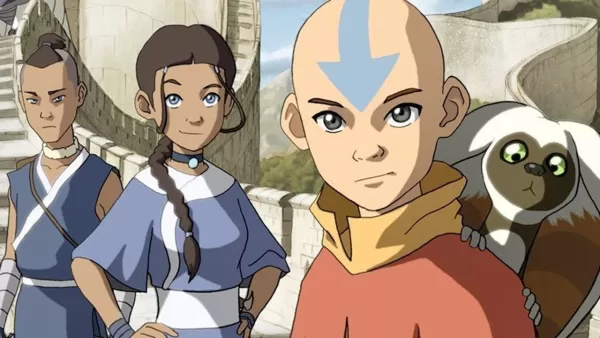

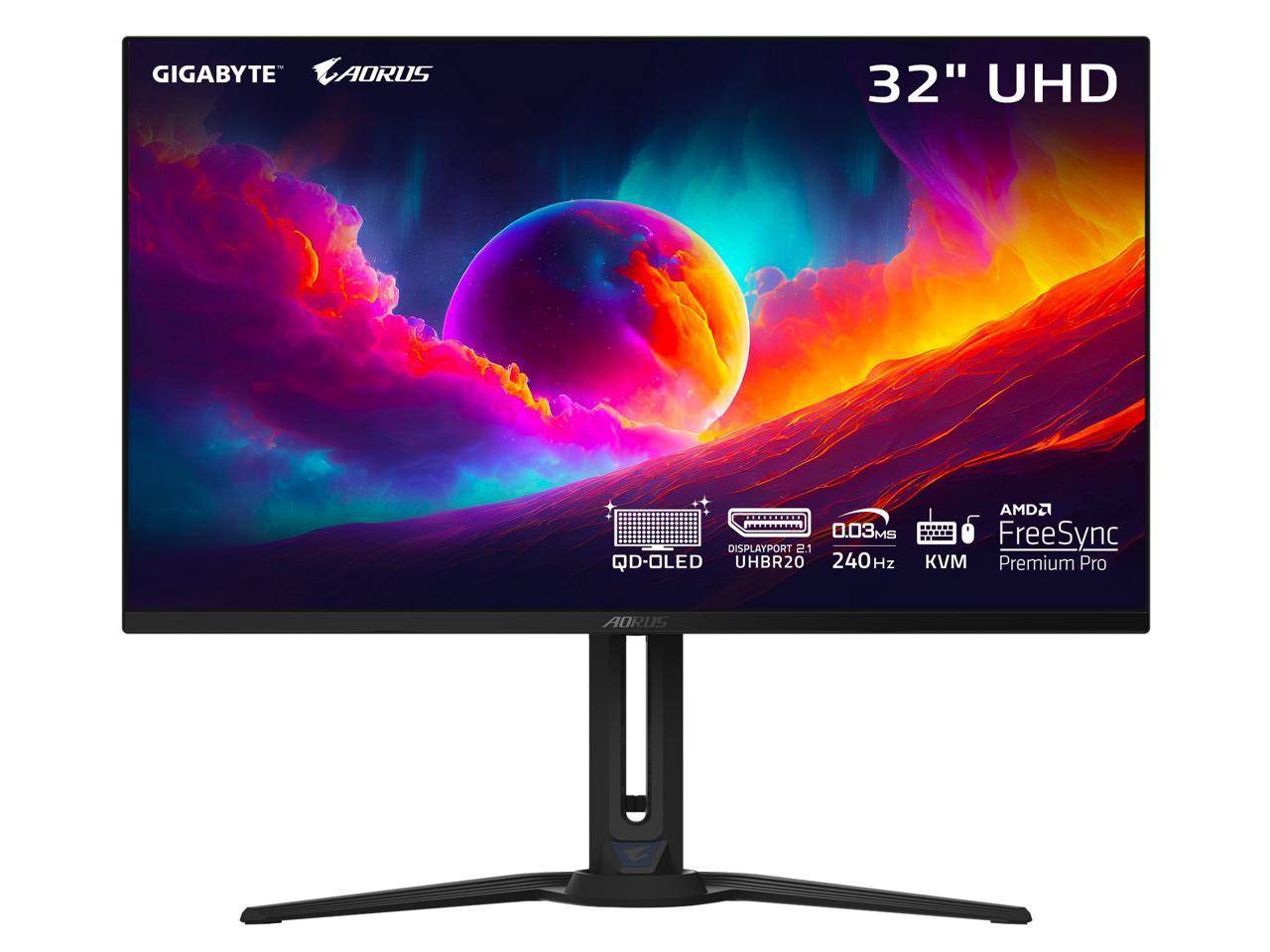


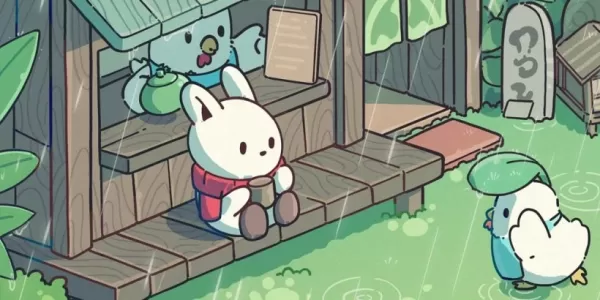

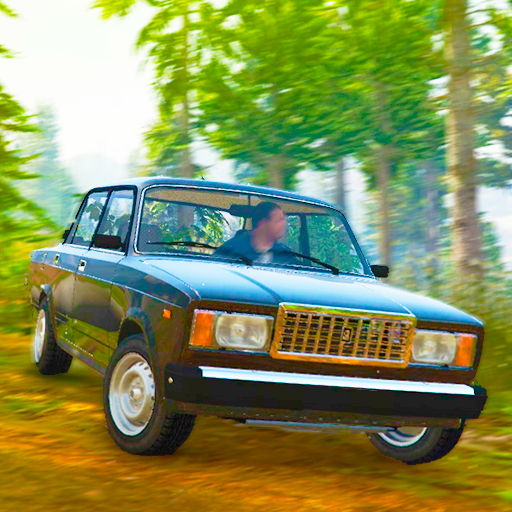


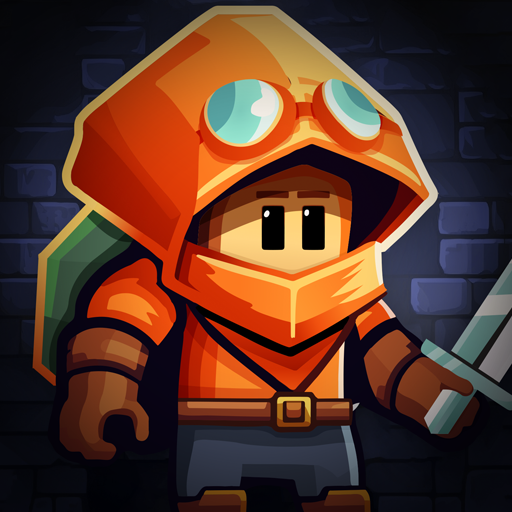
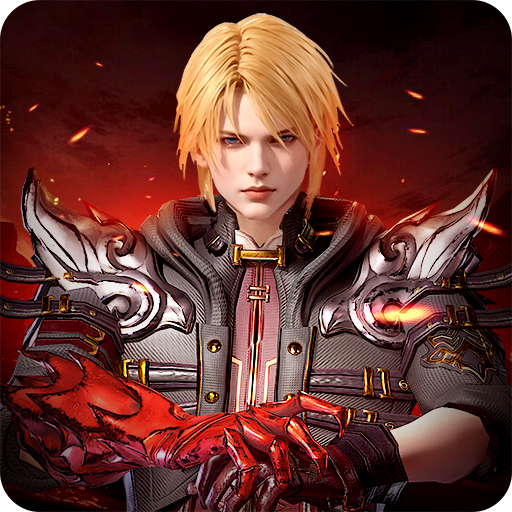












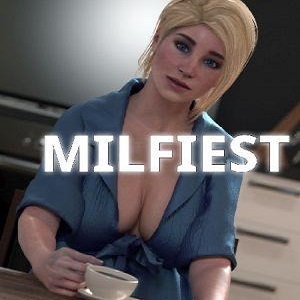

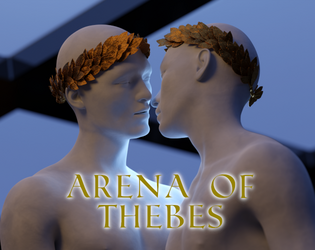
![City Devil: Restart [v0.2]](https://img.icssh.com/uploads/38/1719554737667e52b102f12.jpg)


